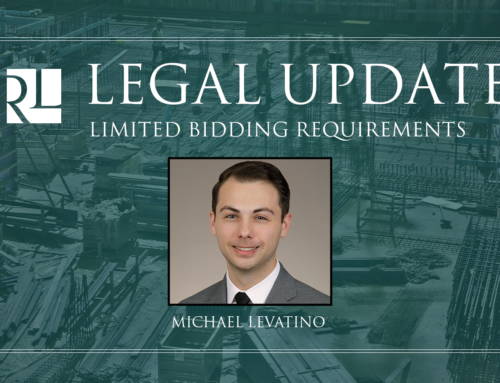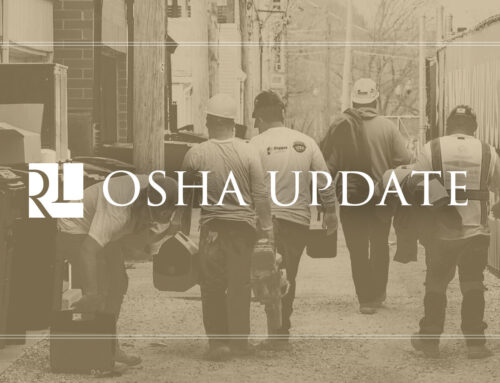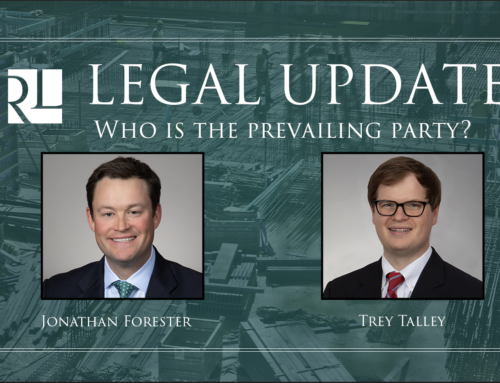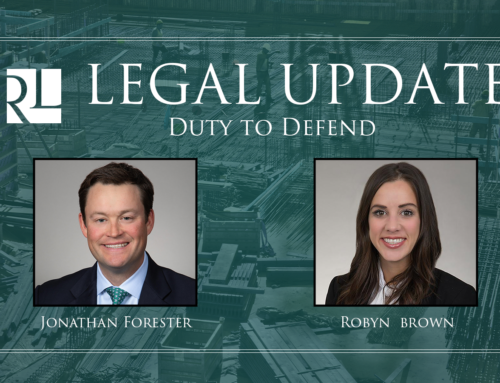The lawsuit was filed in March 2015 by several hundred homeowners who alleged their homes were damaged during the construction of the Southeast Louisiana Urban Drainage Project (SELA) administered by the Corps of Engineers. The lawsuit was removed to federal court when the S&WB brought indemnity claims against the contractors who performed the work, arguing they were liable for the homeowners’ damages. The federal court dismissed the claims against the contractors under the doctrine of federal government contractor immunity established by the U.S. Supreme Court, finding the contractors had fully complied with the project’s requirements. The suit was remanded to state court in January 2017.
In the instant case, the claims of six Uptown residents were tried in March 2018 and an award of $518,653.08 was rendered in their favor against the S&WB. The court also awarded the plaintiffs $400,000 in attorney’s fees and $145,000 in expert costs. The S&WB appealed, arguing it was not liable under several theories of liability. On appeal, the Louisiana Fourth Circuit Court of Appeal considered the S&WB’s arguments with respect to (1) inverse condemnation; (2) custodial liability; (3) strict liability; and (4) comparative fault. The court rejected each of the S&WB’s arguments and affirmed the trial court’s ruling that the S&WB was solely liable for the damages established by the plaintiffs.
Most importantly, the appeals court concluded that the S&WB had not met its burden of proving that the contractors who performed the work were negligent or had breached the standard of care owed to third parties: “There is no evidence that any of the contractors breached their contracts, negligently or otherwise.” This ruling reaffirms the principle that contractors who perform work on behalf of the federal government are not liable for damages caused by the work if they substantially comply with the plans and specifications furnished by the government.
After a minor reduction to one of the plaintiff’s awards, the appeals court affirmed the trial court’s decision and awarded the plaintiffs a principal judgment of $498,601.64. The court also concluded that the award for attorney’s fees and expert costs totaling $545,000 was not excessive or unreasonable.



